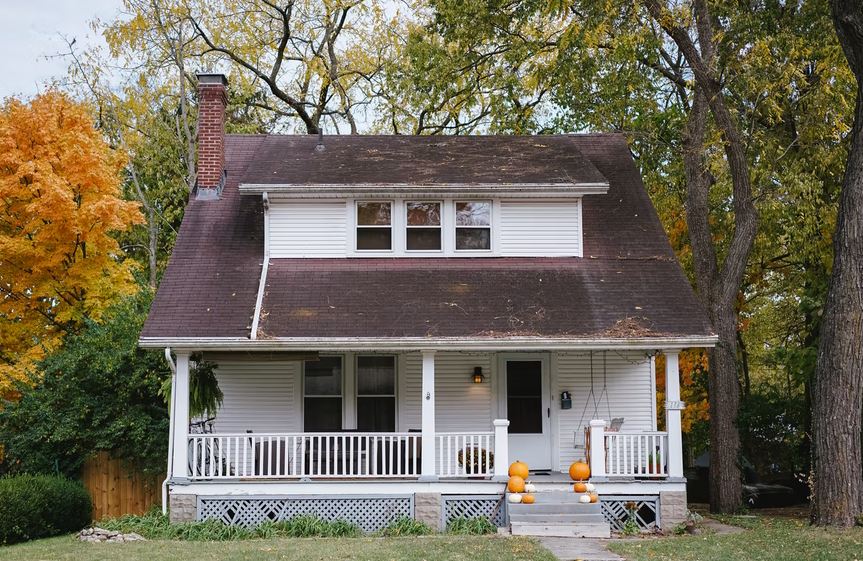Homeowners in the U.S pay an average of $1,312 annually as insurance premiums. However, like other insurance products that protect properties from financial losses, homeowners insurance quotes vary depending on various factors. This includes factors, such as the size of your property, location, and construction style, to lesser-known issues that aren’t related to your home. Below are key factors used to calculate your homeowners’ insurance quote.
1. Estimated Replacement Costs
Replacement costs are the overall amount of money required to rebuild your home using the same type and quality of materials. Typically, the rebuild value is based on several factors, majorly the architectural style, square footage, local rebuild costs, number of rooms, and age of the house.
Note that replacement cost isn’t the same as market value. Market value is the totality of replacement costs and land value. However, homeowners’ insurance is only based on the rebuild costs.
2. Policy Deductible
Your chosen policy deductible also significantly affects your insurance rates. Policy deductible is the amount you pay before filing an insurance claim. High deductibles translate to low premiums. Actually, increasing your policy deductible by $500 can reduce your homeowners’ insurance rates by 13%.
The main problem faced by homeowners is setting their deductible. While you may be tempted to set a high deductible, be cautious of setting very high amounts as you may fail to raise the amount if your home gets burglarized or damaged. If you can comfortably pay for small damages out of pocket and file claims only during extensive damages, choosing a higher deductible for your homeowners’ insurance is prudent.
3. Location
The location of your residence is also among the biggest determinants of a homeowners insurance policy. Generally, if your property is located in areas prone to natural disasters, such as wildfires and earthquakes, expect more premiums due to the high-risk profile.
Insurance companies also consider granular location determinants, such as ZIP code, proximity to fire stations, and other amenities, when determining insurance premiums. Based on this, insurance rates for properties in cities are higher than in rural or suburban areas.
4. Other Factors
Apart from replacement costs, location, and deductible, which are the main factors, your insurer will also consider the following;
- Credit history – Like lenders and financial institutions, insurers also assess your credit history, reflecting your risk levels, when determining your insurance premiums.
- Claims history – Insurance companies also base their decisions on the homeowners’ claim behavior. If a homeowner has filed multiple claims before, the company assumes that they will likely file more in the future. History of more filed claims indicates a greater risk for the company.
- Material status – Your marriage status affects several insurance policies, including auto and home insurance. Generally, insurance companies will charge low rates to married individuals due to the perceived low risk. Single people are thought to be less responsible and will likely attract higher rates.
Endnote
The importance of homeowners’ insurance cannot be ignored. It protects your home and possessions and protects you from liability in case of unforeseen incidents. Other minor factors that determine insurance premiums include the condition of the roof, age, dog breed, attractive nuisances, such as treehouses, trampolines, swimming pools, and swing sets, and the property’s safety and protective features.

